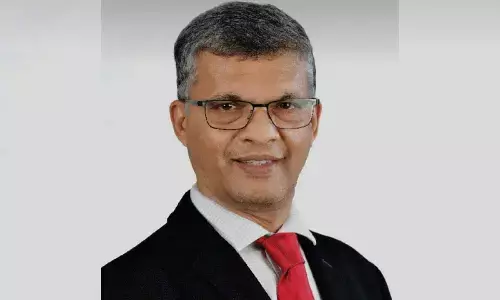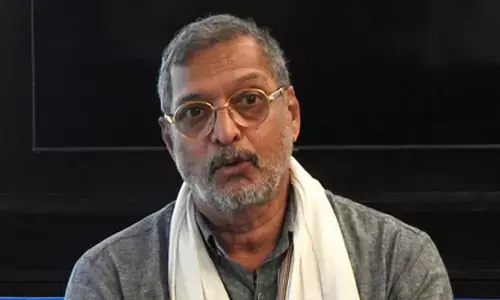2-day Collectors’ meet at NIRD from today
National Institute of Rural Development (NIRD) – Hyderabad, as part of its mandate to trigger development particularly in Left Wing Extremism (LWE) - affected districts in the country, is holding a two-day conference of district collectors on the campus from Friday (today).
Collectors from 83 Maoist-affected districts across the country to discuss on development
They will deliberate on poverty and human development scenario in the Maoist-affected districts
Hyderabad: National Institute of Rural Development (NIRD) – Hyderabad, as part of its mandate to trigger development particularly in Left Wing Extremism (LWE) - affected districts in the country, is holding a two-day conference of district collectors on the campus from Friday (today).
NIRD director general MV Rao, in a press statement, informed that 83 districts spread over nine states have been identified as affected by LWE. The two-day conference will be attended by several district collectors across the country. They will deliberate on poverty and human development scenario in the Maoist-affected districts, security and development, innovative practices, natural resource management and livelihood issues, issues in the implementation of PESA and FRA and social impact assessment and ways and means of weaning away youth from the influence of extremism.
The 83 districts affected by extremism, having larger forest cover are mostly inhabited by tribal communities and also most of these districts are covered under special acts like PESA and Forest Rights. The socio-economic conditions of the people living in these areas are less than satisfactory and therefore, the government has been making concerted efforts to improve their living conditions. Many factors contribute to the growth of LWE and most important among them include land alienation, persistent poverty and lack of access to forest resources, Rao added.
The major problems that confront the people in LWE districts include poverty, food insecurity and unemployment besides a high rate of morbidity. With a view to address these problems, various strategies have been evolved and they mostly relate to infrastructure, institutions and natural resources.
The District Magistrates have a larger role to play in addressing these issues and in fact some of them have been implementing very innovative practices for the benefit of these targeted sections of the society. And, this would be more worthwhile if such innovative practices form part of the overall strategies evolved for the development of LWE districts.

















